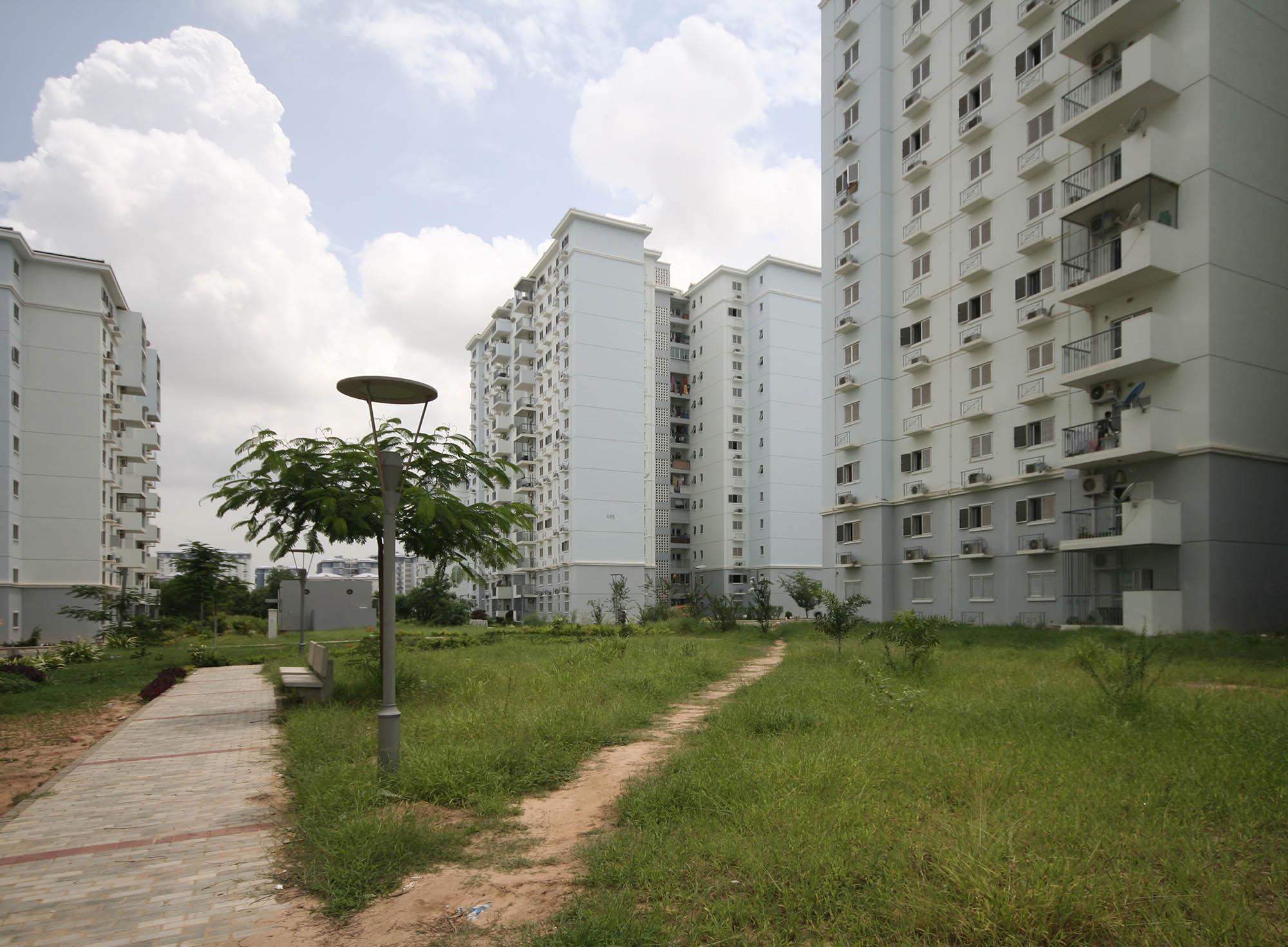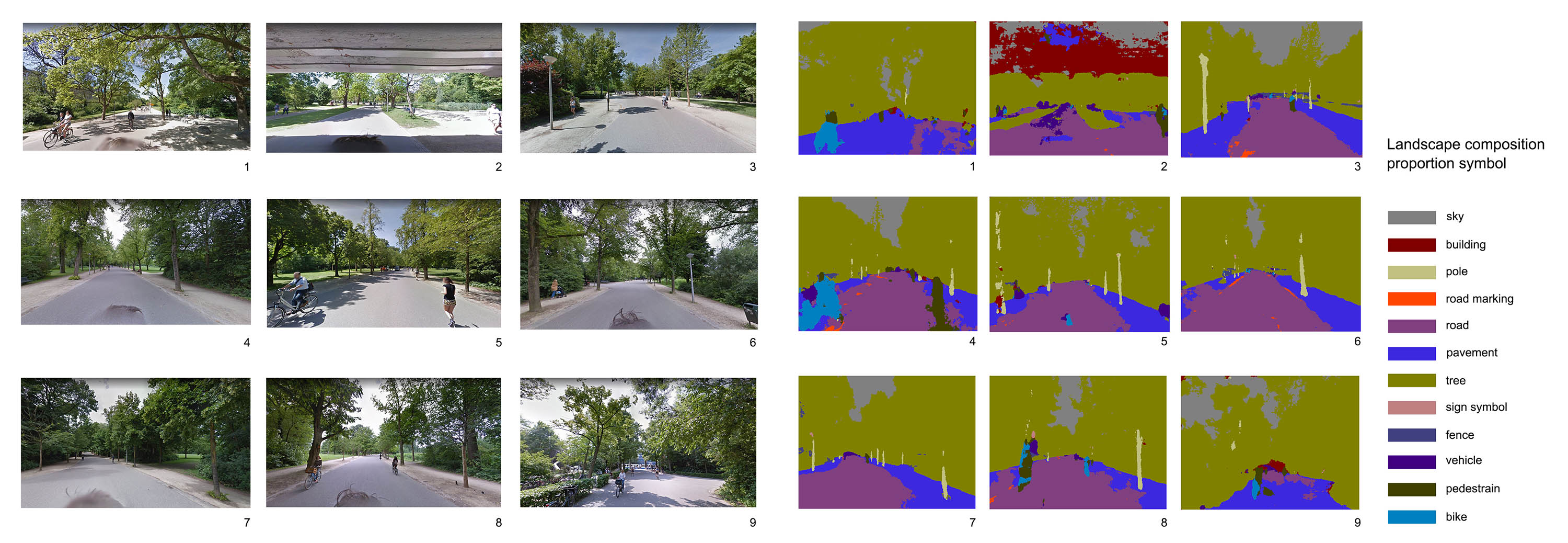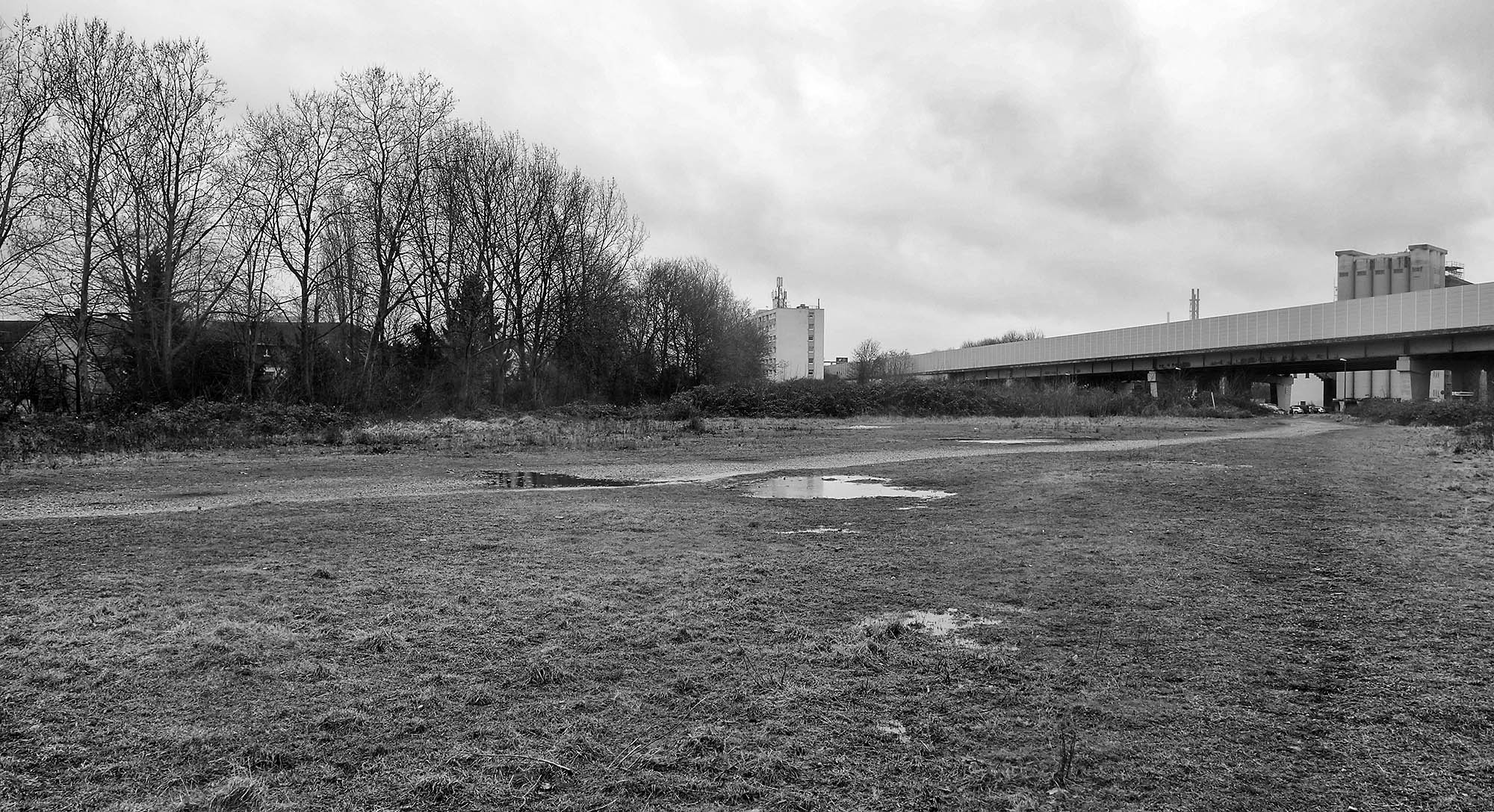Synergetic Urban Landscape Planning in Rotterdam
Cities and metropolitan regions are responsible for approximately 75% of the CO2 emissions. They play a big role in the global greenhouse gas emissions. At the same time cities are vulnerable to effects of climate change such as flooding. The objective of this PhD research is to develop a framework for urban landscape planning for the transition towards a more sustainable city and explore potential synergies to improve the quality of life. This question is placed in a context of a ‘cities as urban ecosystems’ model. Quality of life can be divided into spatial, environmental, socio-economic and economic issues and synergies between them. As it is a broad topic to address, in this thesis it will be approached from the perspective of the ISO37120 standard: city indicators for city services and quality of life. To get a grip on this matter as well as to simplify the complexity of all interacting actors, the methodological framework is first used for sectoral research lenses chosen for the case study city Rotterdam. These lenses are: water, energy and nutrients (food). From this sectoral perspective synergy effects will be explored. For instance, solutions for water might as well incorporate strengthening of biodiversity (more gradients), infrastructure connections (new dikes also used for biking) and recreation (ponds). If the same is done for other sectors overlapping will occur over time. The research lens approach is an important part of the exploration strategy to look for potential synergies but also to explore new approaches to link urban metabolic flows to urban landscape planning. With the gained knowledge and implementation in the city of Rotterdam, a practical framework to reach liveable low-carbon cities will be built. This Framework links to the latest new insights on using city data, smart cities, urban metabolism, energy planning climate change and resilience. It is a translation from CO2 , energy and climate adaptation goals into spatial urban rules and principles.
PhD-research
PhD-candidate: Ir Nico Tillie
Supervision: Prof Andy v/d Dobbelsteen, Dr Steffen Nijhuis
Period: September 2012 – September 2018
Funding: Municipality of Rotterdam & TU Delft




